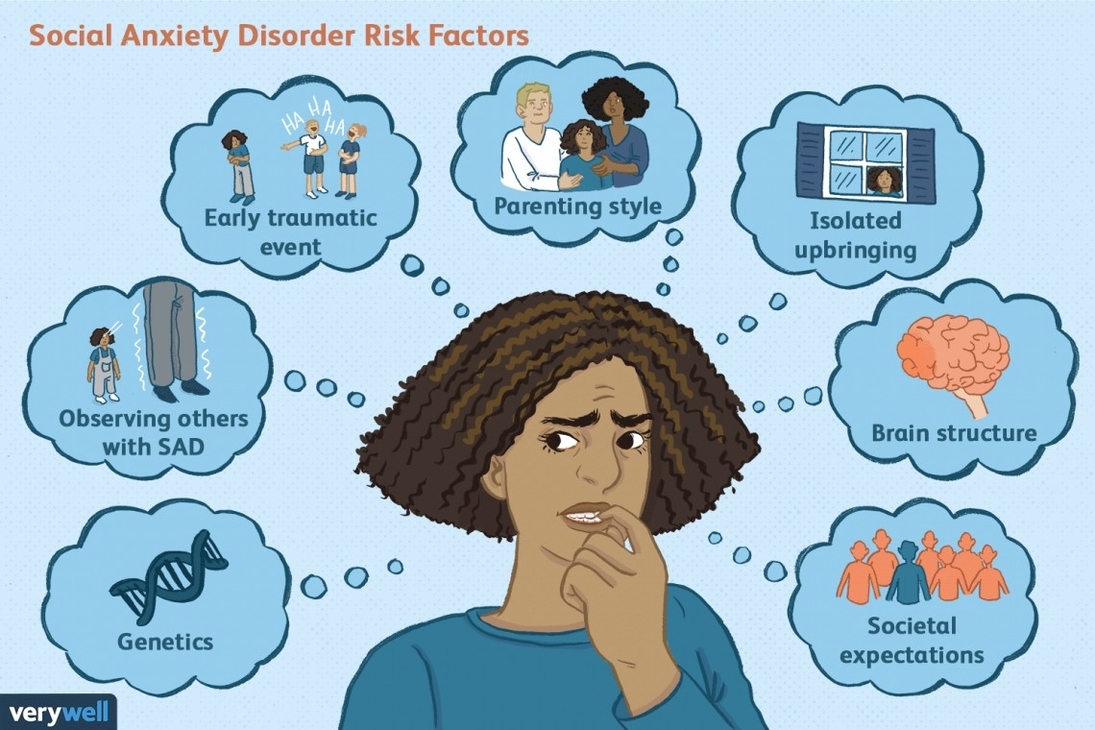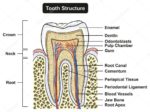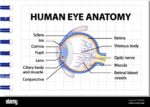Depression and Its Causes
Depression, classified as a mood disorder, is characterized by feelings of sadness, loss, or anger that interfere with a person’s everyday activities. It’s a complex condition with multiple potential causes, including biological, environmental, and psychological factors.
1. Biological Factors
Depression isn’t simply the result of a chemical imbalance in the brain. It involves many chemicals, both inside and outside nerve cells, that make up the dynamic system responsible for mood, perceptions, and how one experiences life. Certain areas of the brain, such as the amygdala, thalamus, and hippocampus, play a significant role in mood regulation. Faulty mood regulation by the brain, genetic vulnerability, and certain medical conditions like arthritis, asthma, cardiovascular disease, cancer, diabetes, and obesity can contribute to depression.
2. Environmental Factors
Environmental factors can also contribute to depression. These can include traumatic life events, such as the loss of a loved one, a difficult relationship, or any stressful situation. Chronic exposure to such situations can lead to depression.
3. Psychological Factors
Psychological factors, including personality traits, psychological disorders, and coping mechanisms, can influence the onset of depression. For example, individuals with low self-esteem, who are easily overwhelmed by stress, or who are generally pessimistic, are more likely to experience depression.
4. Other Causes
Depression can also occur alongside other mental or physical illnesses. For instance, thyroid diseases, including Hashimoto’s disease, can affect mood and mental health, often causing anxiety or depression.
Depression is a serious medical condition that can get worse without proper treatment. It’s more than a constant state of sadness or feeling “blue.” Major depression can cause a variety of symptoms, some affecting mood and others affecting the body. Symptoms may include feeling sad, anxious, or “empty,” feeling hopeless, worthless, and pessimistic, crying a lot, feeling bothered, annoyed, or angry, loss of interest in hobbies and interests you once enjoyed, decreased energy or fatigue, difficulty concentrating, remembering, or making decisions, moving or talking more slowly, difficulty sleeping, early morning awakening, or oversleeping, appetite or weight changes.
In conclusion, depression is a multifaceted disorder with various potential causes. Understanding these causes can help in the development of effective treatments and interventions. If you or someone you know is dealing with depression, it’s important to seek professional help..



